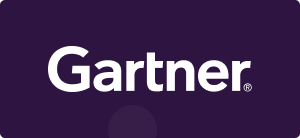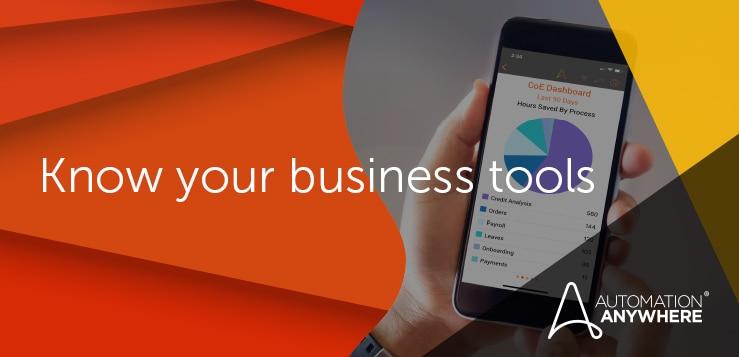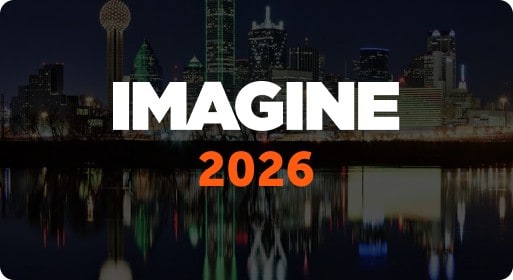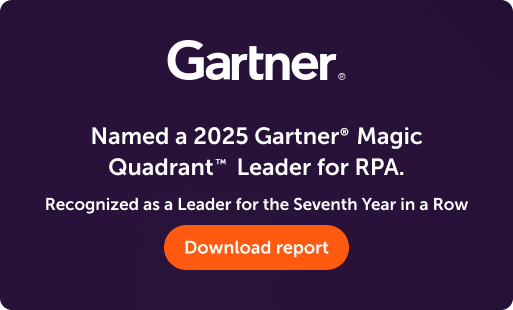- Login
- Search
- Contact Us
-
Have a question? Our team is here to help guide you on your automation journey.
-
Explore support plans designed to match your business requirements.
-
How can we help you?
-
- AI
AI Without the Hype From pilot to full deployment, our experts partner with you to ensure real, repeatable results. Get Started
- Automation Anywhere AI
-
- Solutions
Featured Agentic Solutions
Accounts Payable Invoice automation—No setup. No code. Just results. Accounts Payable
Customer Onboarding Scale KYC/AML workflows. Customer Onboarding
Customer Support Keep queues moving, even at peak load. Customer Support
Healthcare RCM Revenue cycle management that runs itself. Healthcare RCM
- Products
Platform Features
- Agentic process automation (APA)
- Robotic Process Automation (RPA)
- View all Products
-
- Resources
Get Community Edition: Start automating instantly with FREE access to full-featured automation with Cloud Community Edition.
Featured
 Named a 2025 Gartner® Magic Quadrant™ Leader for RPA.Recognized as a Leader for the Seventh Year in a Row Download report Download report
Named a 2025 Gartner® Magic Quadrant™ Leader for RPA.Recognized as a Leader for the Seventh Year in a Row Download report Download report- Become an Expert
- Developer Tools
- Get Support
- View all resources
-
- Partners
Find an Automation Anywhere Partner Explore our global network of trusted partners to support your Automation journey Find a Partner Find a Partner
- Find a Partner
- For Partners
-
Blog
What's the Difference Between CRM and ERP?
Share this:
Two of the biggest acronyms in the business world are CRM (customer relationship management) and ERP (enterprise resource planning). The two are similar types of technologies designed to improve the efficiency of your operations. But there are some fundamental differences between them.
What is CRM?
As mentioned, customer relationship management is a technological tool. The goal is to have one piece of software that centrally manages all of your organization’s interactions with customers and potential customers. CRM helps your business improve its relationship with customers when you first connect and beyond.
With CRM software, you have one central location where you store all customer and potential customer information, uncover opportunities to convert sales, and beyond. Here are some of the benefits that CRM brings to your business:
- Better customer service: This is the most obvious benefit that CRM provides your organization. Your customer service will be exponentially better with CRM software, as you’ll have records of all communications with customers. That means that you can offer them a more personalized level of service based on what you know about them.
- Lower churn rates: Converting customers is one thing, but retaining them is another. Customer churn is a major issue for some businesses, and CRM can help you reduce this with tools that analyze customer sentiment, automate ticketing services, automate customer service, and more.
- Automation increases efficiency: In addition to automating customer service, Robotic Process Automation (RPA) tools can automate repetitive, menial tasks. Such a tool paves the way for human workers to do the high-level, creative work necessary to run a business, increasing the efficiency of your operations.
CRM helps to manage your business operations from one place to improve relationships with customers and help retain them as much as possible.
What is ERP?
Enterprise resource planning (ERP) software helps organizations manage daily business activities. These include risk mitigation and compliance tools, budgeting, supply chain management, and beyond. ERP suites share information from multiple data sources to ensure there is a central repository to manage operations.
Here are several benefits of an ERP:
- Enhances organizational collaboration: By having data from multiple departments in a single location, it’s easier for everyone in the company to see the big picture and collaborate efficiently and accurately with other departments.
- Better customer service: By better communicating from department to department, ERP solutions allow customer service solutions to be more robust. When you have a more comprehensive image of a customer from an ERP standpoint, you are better poised to serve them.
- Reduced costs: ERP can also help save costs by consolidating financial reporting and eliminating data replication. Plus, businesses can budget better and allocate resources when they have a multi-pronged view of their financial picture, helping them cut costs.
Difference between CRM and ERP
CRM and ERP are designed to make your business stronger, but they go about it in different ways. A CRM system focuses on the customer side, seeking to boost your sales by bolstering customer interactions through its various tools. CRM technology aims to create more loyal customers, reducing churn rates.
On the other hand, an ERP suite increases efficiency by giving executives in your organization a real-time “big picture” of what’s going on within the company. The goal here is to cut costs and better allocate resources.
So what does the future hold for CRM and ERP?
Looking forward
Three things may define CRM of the future:
- Gartner predicts that the CRM market will grow at a 13.7% compound annual growth rate (CAGR) through 2021.
- Artificial intelligence (AI) and automation will play a larger role in bolstering CRM outcomes. AI and RPA will be used to automate tasks, optimize marketing campaigns, and improve product pricing.
- Personalization will become more personalized to create even more targeted one-to-one interactions. Data will be used to create customer interactions that are based more on history, preferences, context, and intent.
Moving forward, ERP will also evolve in ways that will make life easier for businesses and customers. Here are three things that may define ERP in the future:
- Mega-ERP suites will exist. What are these? They will be solutions that comprise multiple departments at once, providing a holistic view of facts, behavior, and other data. With this information at hand across various departments, employees will be better equipped to make tough business decisions.
- Action recommendations are also probably a thing of the near future. Just like your purchasing decisions lead to recommendations on Amazon, AI-equipped tools will help you make better business decisions based on your previous actions.
- Automation will play a role in the future of ERP combined with RPA by helping to reduce errors, automate repetitive tasks, and improve decision-making. Expect more of this moving forward.
Data is king
The common element of the future of CRM and ERP is that businesses will have more data available to them and more advanced ways to use the data. The goal is to make increase profits, cut costs, and develop stronger relationships with customers. While CRM and ERP may differ in their approaches, they are both poised to help businesses grow immensely in years to come.
Discover What Automation Can Do for Your CRM and ERP.
About Automation Anywhere Staff
Get to know the Agentic Process Automation System.

For Students & Developers
Start automating instantly with FREE access to full-featured automation with Cloud Community Edition.



